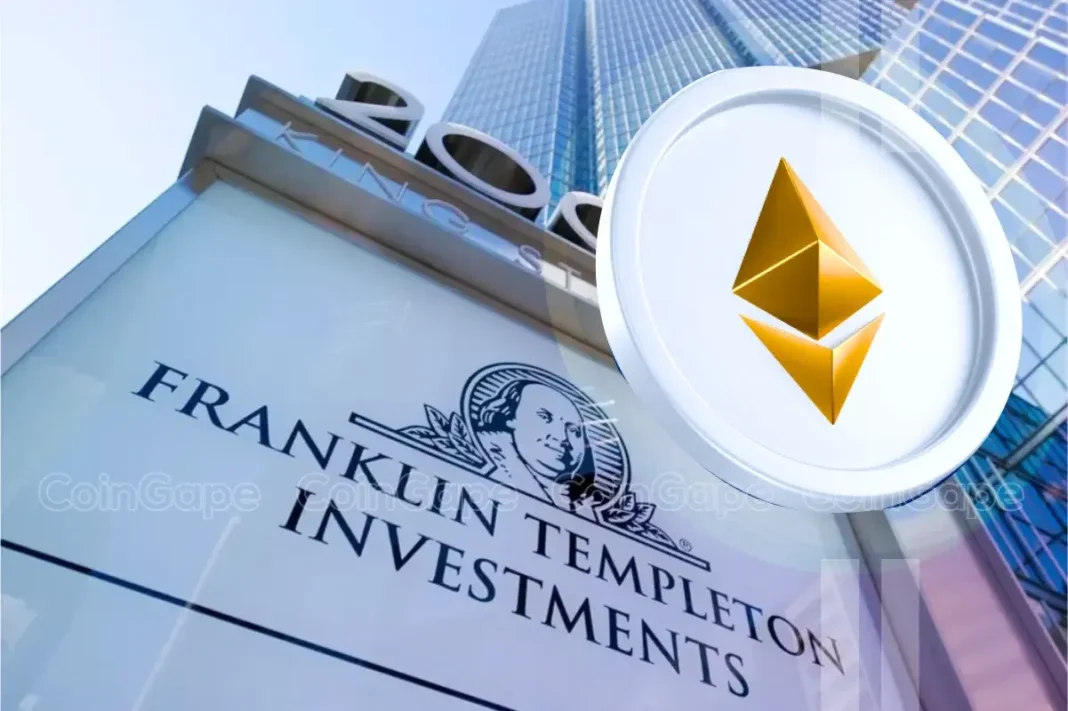The United States Securities and Exchange Commission (SEC) has approved dual cryptocurrency ETFs from Franklin Templeton and Hashdex.
This marks a major step toward integrating Bitcoin and Ethereum into traditional financial markets through regulated investment products.
Dual Bitcoin and Ethereum ETFs to Be Listed on Nasdaq and Cboe BZX
The Hashdex Nasdaq Crypto Index US ETF and Franklin Templeton Crypto Index ETF received the green light from the SEC to trade in the public market. These ETFs will be available for trading on the Nasdaq and the Cboe BZX exchanges, allowing investors to directly trade in Bitcoin and Ethereum spot. All the two funds will own Bitcoin, Ethereum, cash, and cash equivalents as part of their structure.
By permitting these ETFs, the SEC guarantees that crypto investments meet some of the most important laws, including the Securities Exchange Act of 1934 and the Investment Company Act of 1940.
SEC has *approved* both the Hashdex Nasdaq Crypto Index US ETF & Franklin Crypto Index ETF…
Will initially hold both btc & eth. pic.twitter.com/5GUhhhXL7y
— Nate Geraci (@NateGeraci) December 19, 2024
The approval process also contained measures for market surveillance in order to prevent fraud and manipulation. The decision will help digital assets to have a better standing and acceptance in the financial system.
Market Turbulence Surrounds SEC Decision
The US SEC’s decision is made at the time of high volatility of cryptocurrency markets. However, Bitcoin price declined significantly and was trading at slightly above $96,000, having previously traded at above $108,000 earlier in the week. Ethereum also went down by 15% and was trading at $3,440.
As per the data from CoinGlass, more than $1 billion worth of crypto was liquidated within the last 24 hours.
However, experts believe that the launch of these ETFs will help to stabilize the crypto market and, therefore, attract more institutional investors.
“This move created a clear, legally compliant way for investors to get involved with digital assets,” said a market analyst.
ETFs Bring Enhanced Oversight and Transparency
The ETFs are intended to mimic market capitalization-weighted indexes of Bitcoin and Ethereum, thus providing investors with an opportunity to invest in both of them without owning the coins directly. The Hashdex ETF will track the Nasdaq Crypto Index and Franklin Templeton’s fund will be linked to the CF Institutional Digital Asset Index.
In a bid to counter allegations of market manipulation, the US SEC noted that the price movements in the Bitcoin and Ethereum spot markets are in tandem with their respective futures markets. This correlation makes it easy to have supervision through sharing of surveillance data. To assess the price integrity, the SEC has used information from the CME’s Bitcoin and Ethereum futures markets.
To avoid diversifying their strategies into staking or generating income from airdrops, both funds do not allow such operations in their investment approach based on spot prices. These measures are part of the regulatory systems to safeguard the investors’ interest as well as to enhance transparency of ETFs.
Future Prospects for Crypto ETFs
This approval could pave the way for additional cryptocurrency ETFs in the United States. Bloomberg analysts predict Litecoin ETFs could be next, given its classification as a commodity and its close relationship with Bitcoin.
However, other digital assets, such as Solana and XRP, face greater regulatory scrutiny.
The US SEC’s approval of these ETFs reflects a cautious but constructive approach to cryptocurrency regulation. By aligning these products with existing financial laws, the SEC is enabling safer participation in the digital asset market. This decision could encourage more institutional and retail investors to explore cryptocurrency as part of a diversified portfolio.
Disclaimer: The presented content may include the personal opinion of the author and is subject to market condition. Do your market research before investing in cryptocurrencies. The author or the publication does not hold any responsibility for your personal financial loss.


✓ Share: